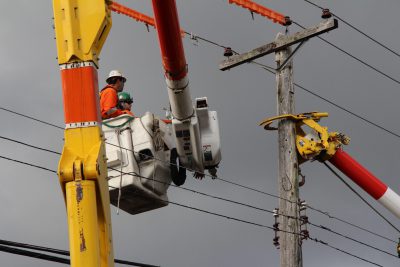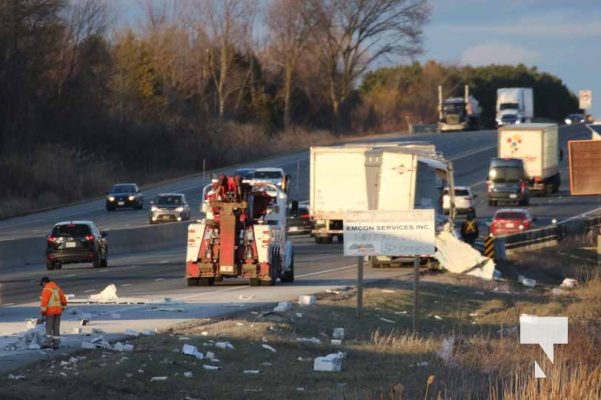
Introduction
Hydro outages have become an increasingly important topic in Canada, especially as they can significantly impact daily life, infrastructure, and public safety. With climate change leading to more extreme weather events, residents and authorities must understand the causes, effects, and responses to these outages. This current situation is relevant as many communities are adapting to the challenges presented by hydro outages.
Recent Events
In early October 2023, multiple regions across Canada faced significant hydro outages due to severe storms and high winds. For instance, Ontario experienced a series of outages that left over 200,000 customers without electricity for up to 48 hours. In British Columbia, heavy rains caused landslides, taking down power lines and affecting local communities. These outages not only disrupted everyday activities but also posed risks to public safety, emphasizing the need for efficient emergency responses.
Impact on Communities
The repercussions of hydro outages extend beyond mere inconvenience. Hospitals and emergency services faced challenges due to power disruptions. Many residents were forced to rely on generators or seek shelter elsewhere, particularly the elderly and those with medical conditions reliant on electricity. Schools had to close, and local businesses lost revenue during the outage periods. Additionally, the restoration process often takes longer in rural and hard-to-access areas, causing further economic and social strain.
Government and Utility Response
In response to the recent hydro outages, government bodies and utility companies are reassessing their strategies for managing power supply and increasing resilience. This includes investing in infrastructure upgrades, adopting more advanced technology for power monitoring, and improving communication with the public during outages. Utilities have urged customers to prepare for future outages by creating emergency kits, outlining escape routes, and staying informed through local news and weather services.
Conclusion
As occurrences of hydro outages become more frequent due to climate changes and infrastructure challenges, it is vital for communities to remain proactive. By fostering public awareness, improving infrastructure, and ensuring effective emergency response plans, cities can mitigate the negative effects of hydro outages. For residents, understanding the risks and preparing for such incidents is crucial to maintaining safety and normalcy in affected areas. The significance of these outages highlights the urgent need for sustainable solutions in our energy systems to ensure resilience against future challenges.






